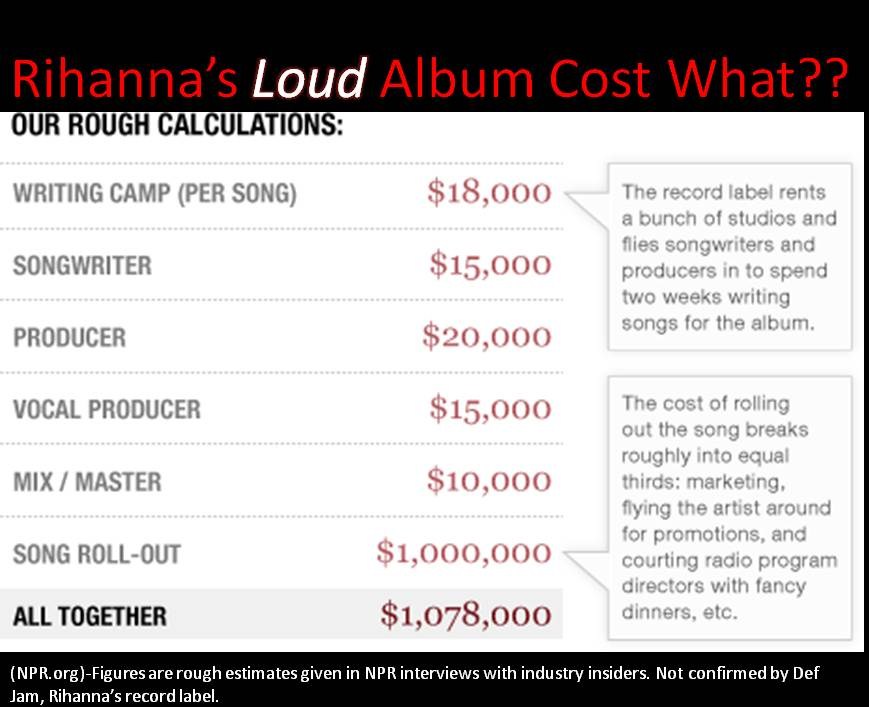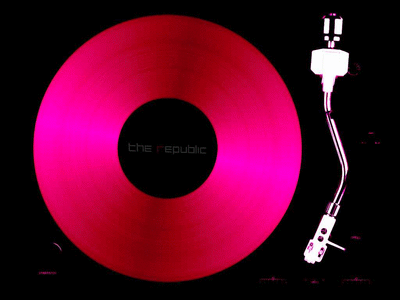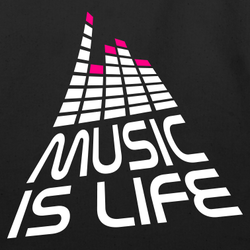 Hit Team: T. Stewart, Rihanna & The Dream
Hit Team: T. Stewart, Rihanna & The Dream The next major step in “manufacturing a hit” is promotion and radio/music-video play, which can vary in cost. In regards to radio, payola, the illegal practice of offering payment for broadcasting, is still an active part of airwave promotion. To avoid getting busted by the law, money may not blatantly exchange direct hands, but insiders take advantage of having acquaintances in radio, if not for making some new “friends.” Most stations purport that playlists are now based on audience market research results, but some still question broadcast practices. Promotional costs (which can include the artist’s air fare, advertisement spots, etc.) can reach up to 1 million. With this type of expensive bill, I imagine record labels get testy when singles like Rihanna’s “Man Down,” which is anticipated to be a smash, under-perform. Artists generally don’t see a dime from their own record sales until the label has recouped all of their expenditures. In the event that the finances are not returned, an artist may be indebted to the record label, get released from their contract or dropped. Sometimes artists get bogusly blamed for under-performance, particularly if they’ve had artistic input. On one season of MTV’s “Making the Band,” P. Diddy implied to Donny Klang that his single at the time wasn’t taking off because he wasn’t promoting it enough himself.
Camp systems also allow room for producers and writers to be lazy and not give their best. Heavily requested because they’re “the hottest producer (or writer) out there,” they try to meet the high demand, which can lead to the same tracks and lyrics being rearranged, matched and reused to save time. If two songs sound similar, it’s likely that the same person produced it. The record label just paid $35,000 for a song that’s essentially recycled. Hmph. Song recycling and recruitment of the same 5 popular hit-makers ultimately leads to redundancy in mainstream music and fatigued listeners, who feel that much less inspired to legally purchase music. If listeners don’t feel like a song or album is worth their dime and they don’t pull out their wallet, record label income reduces and the artists make even less. Writing camps are designed to make bank for record labels and save time, but one could argue they do anything but.



 RSS Feed
RSS Feed